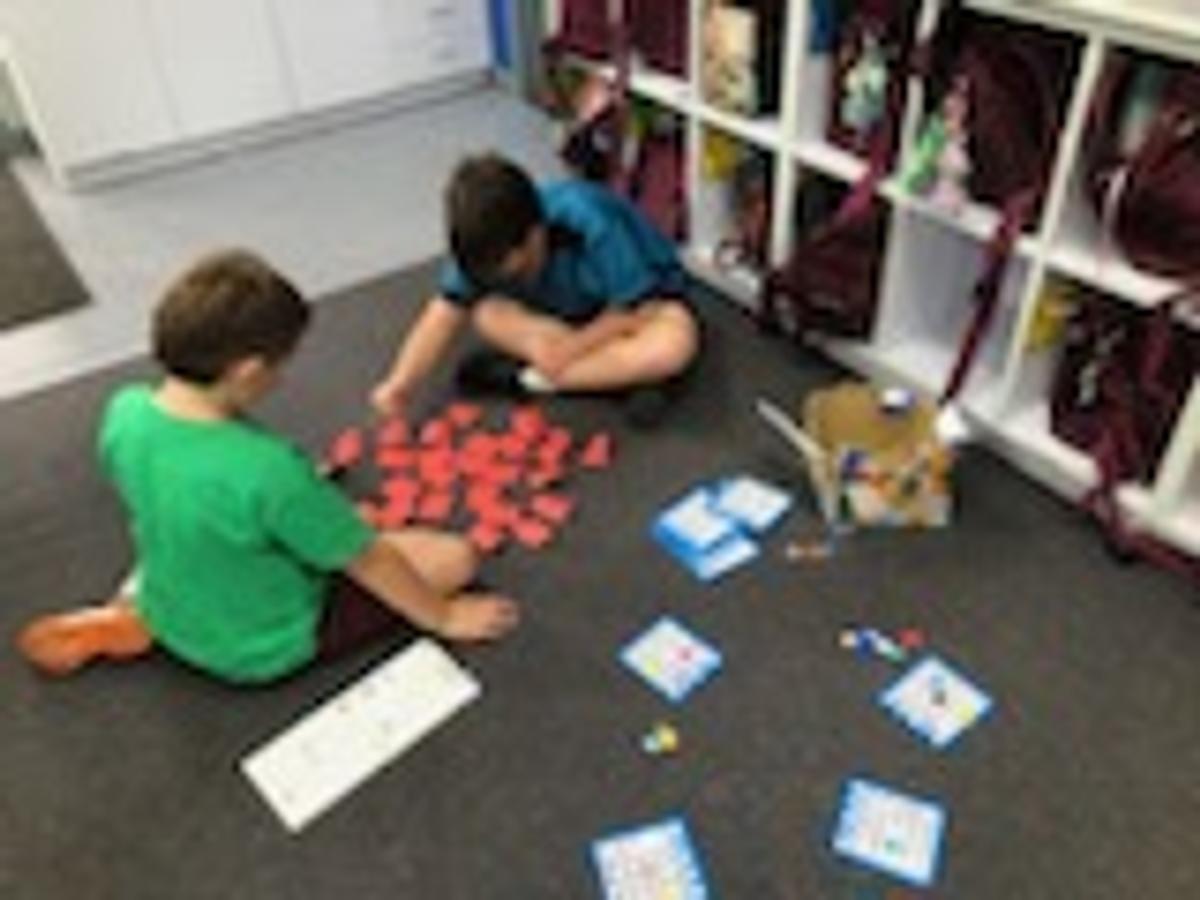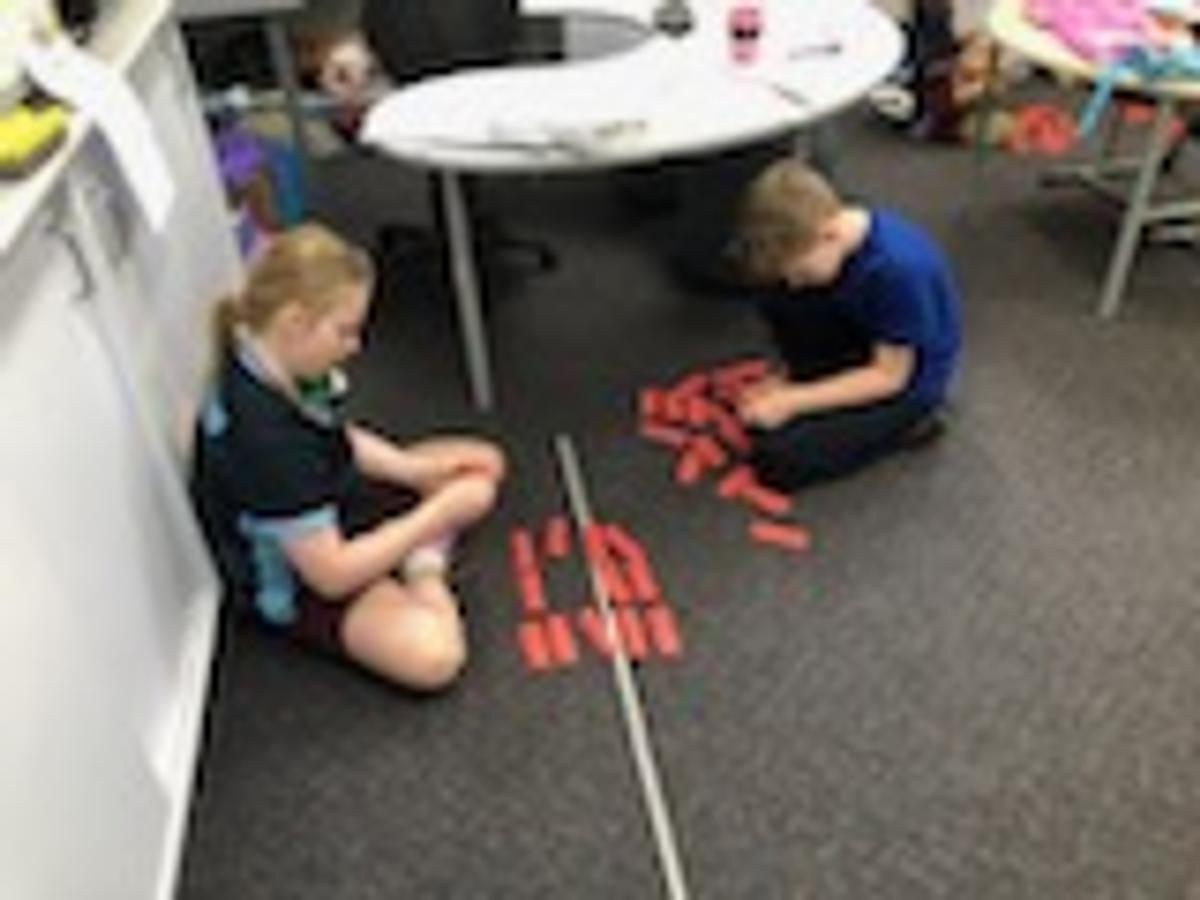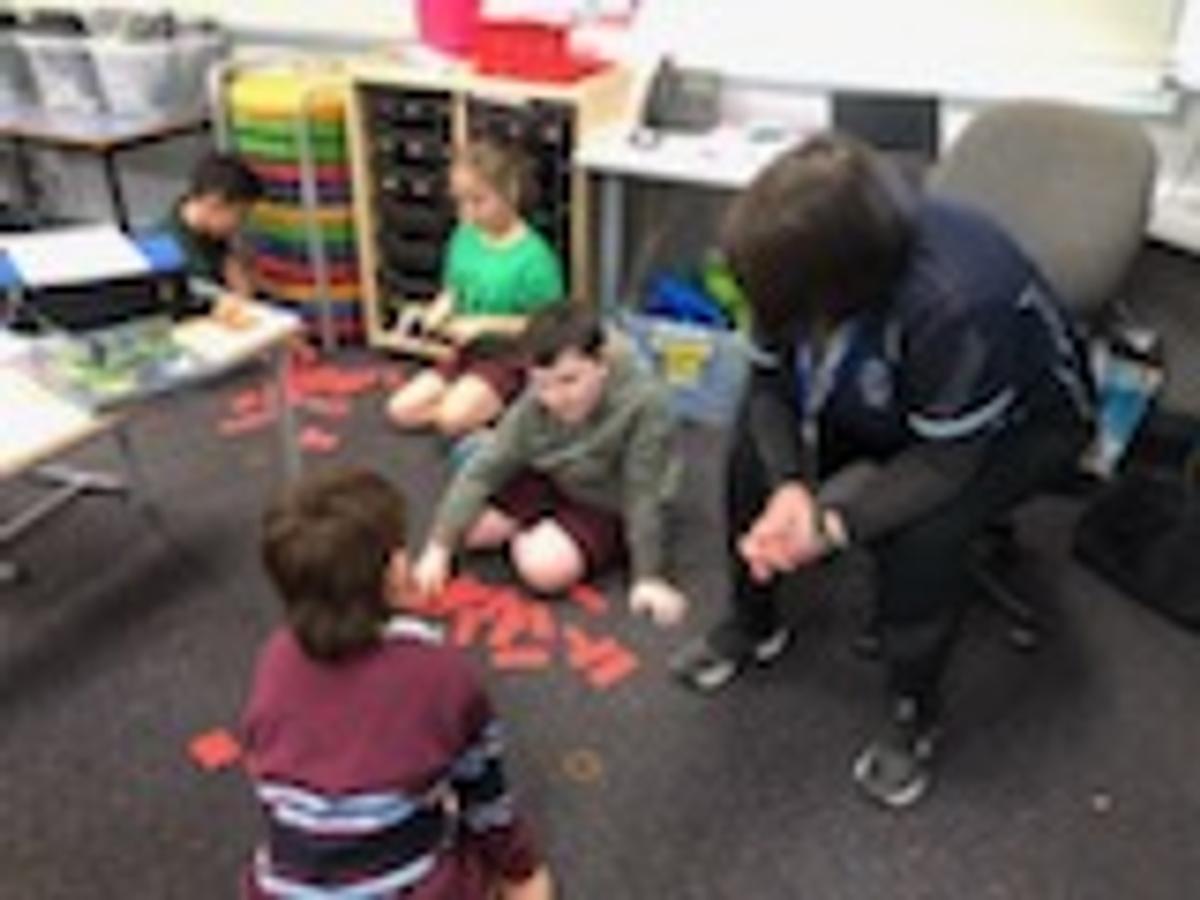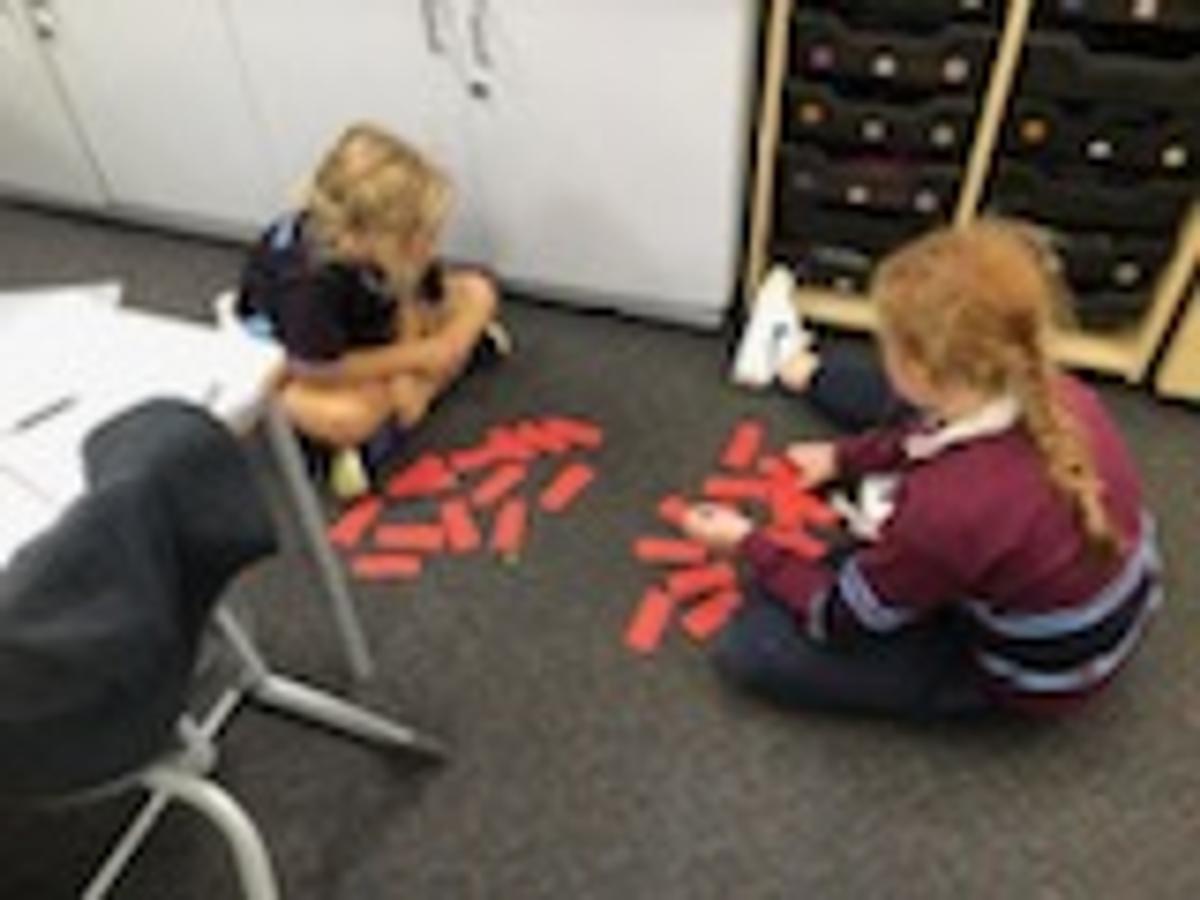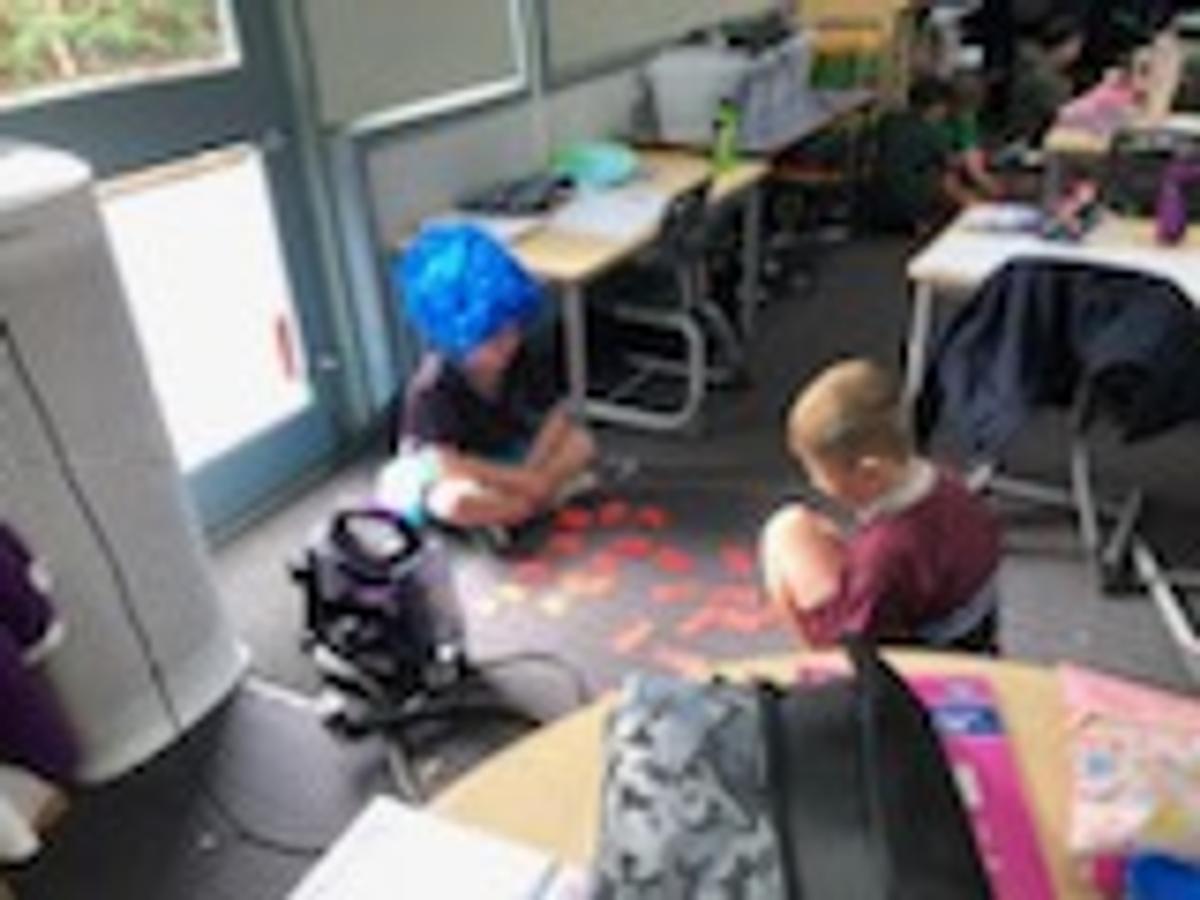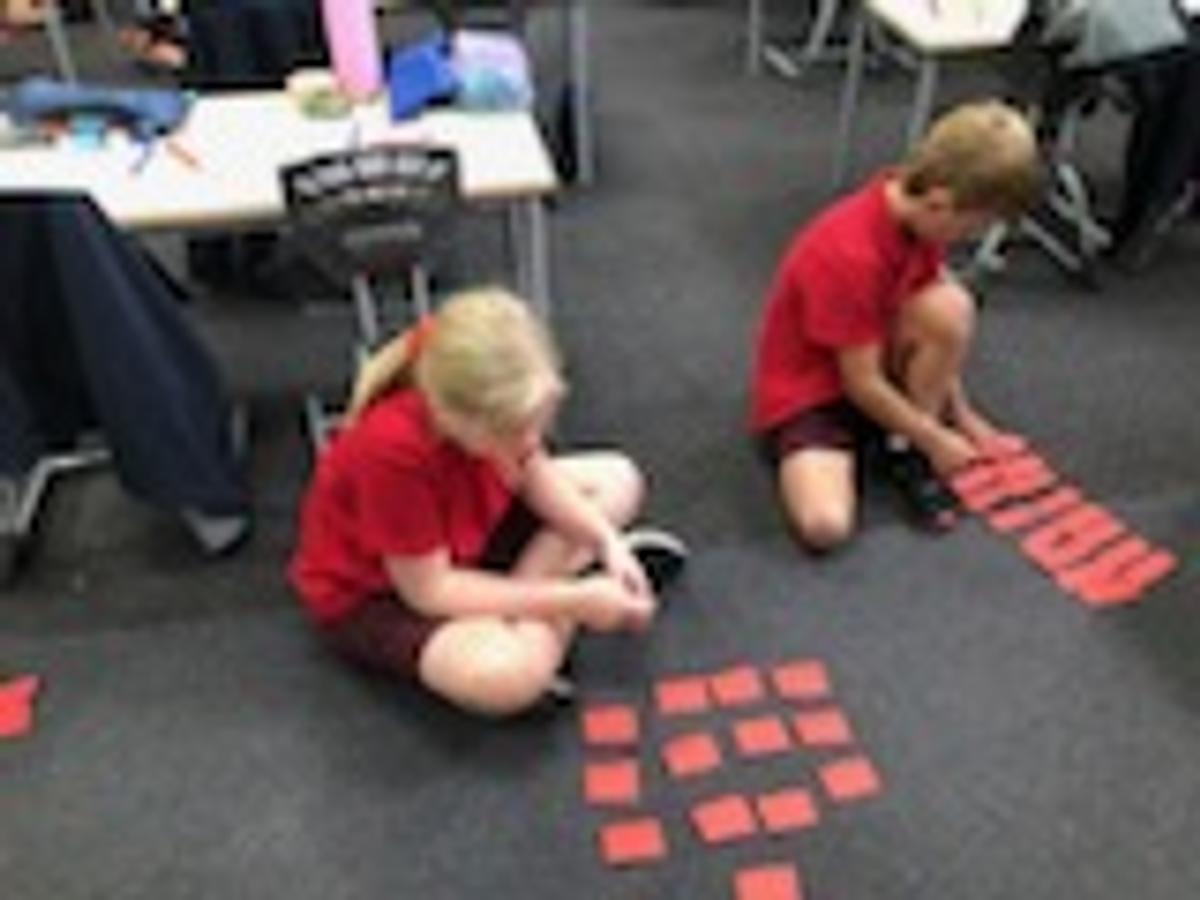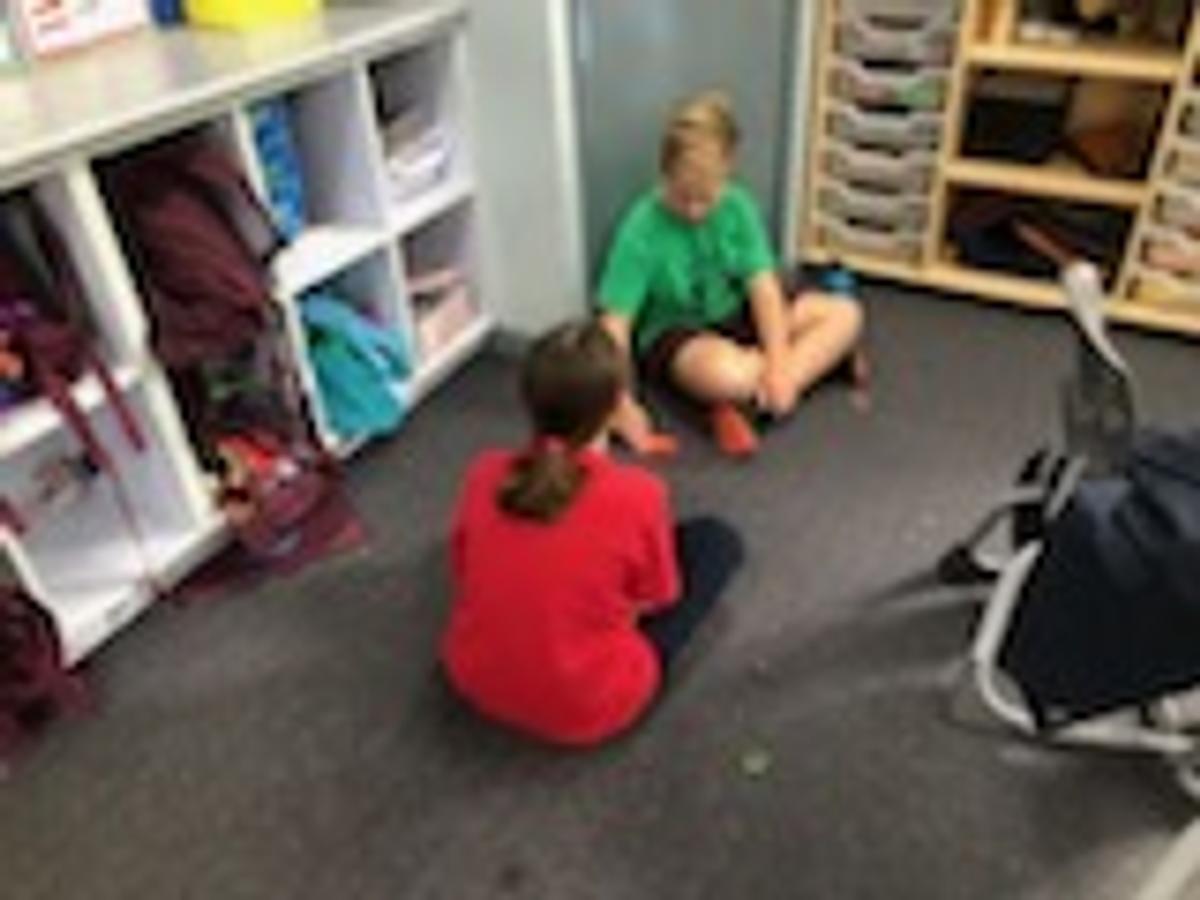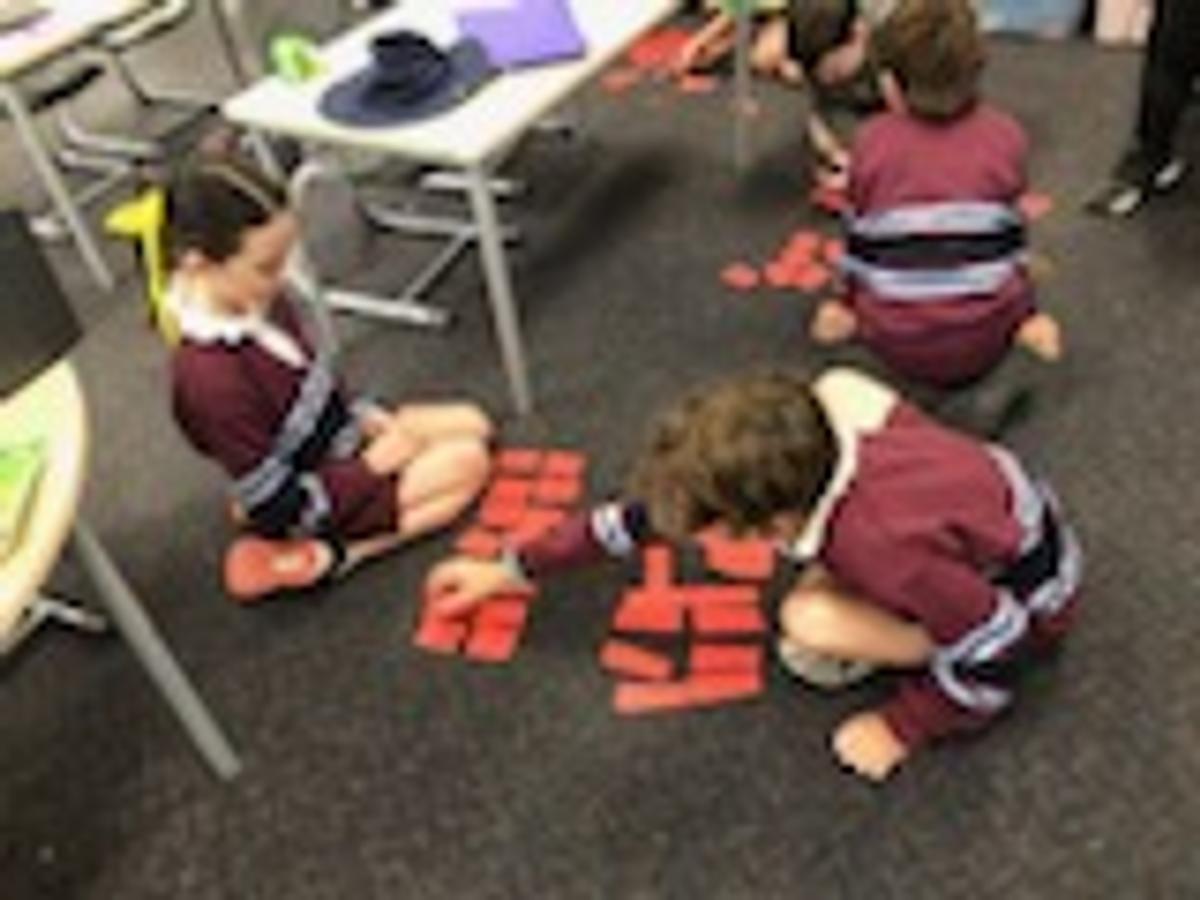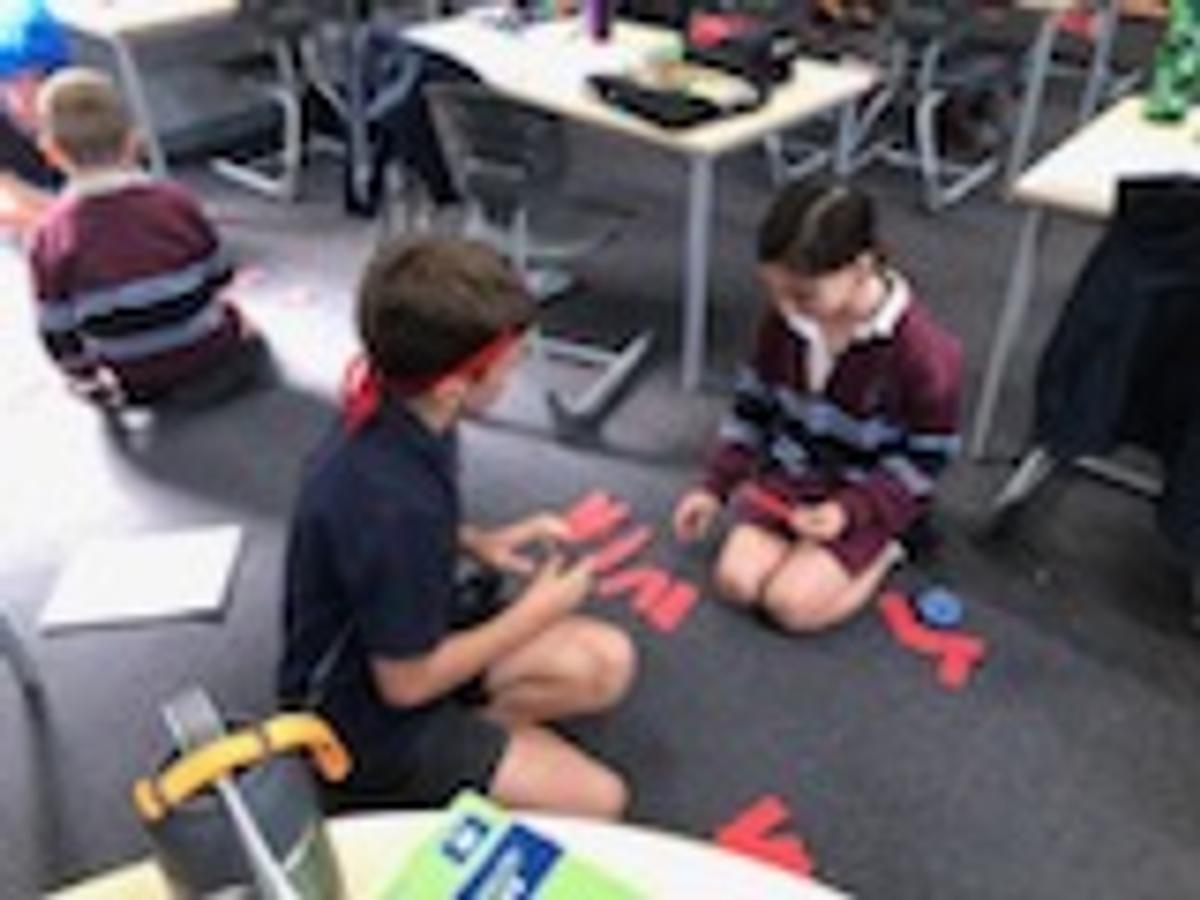Learning and Teaching

Learning and Teaching the St. Brendan's Way.
All staff have been on a journey refining teaching practice, skills, and knowledge over the past year, resulting in positive changes to daily routines and improved student outcomes.
The Explicit Instruction model is a proven method for enhancing student learning and engagement. It is a whole school approach and one that we have been using in all areas of the curriculum.
Here's a breakdown of each step involved in this instructional sequence:
- Explicit Instruction: This initial step involves clearly explaining the concepts, skills, and objectives that students are expected to learn. Teachers provide direct and explicit instruction, ensuring that students understand the key information and learning goals. This sets a strong foundation for subsequent steps.
- Modeling: After explaining the content, teachers break down the learning outcomes into smaller, manageable steps. Through modeling, teachers demonstrate each step of the process to the students. This visual demonstration helps students understand what is expected of them and clarifies the procedures or strategies involved.
- Guided Practice: Once the concepts have been explained and demonstrated, students engage in guided practice under the teacher's supervision. This phase allows students to apply the newly introduced skills with support and guidance. Teachers gradually reduce assistance as students gain understanding and confidence.
- Independent Practice: As students demonstrate proficiency and understanding, they move to independent practice. During this phase, students work on tasks related to the new concepts autonomously. The teacher monitors progress and provides feedback to reinforce learning and address misconceptions.
- Formative Assessment: Teachers use effective questioning techniques to assess student understanding. Formative assessment helps teachers gauge where each student is in their learning journey. It enables teachers to tailor their teaching to meet individual student needs.
- Regular Review: Routine review sessions reinforce learning and enhance memory retention. Teachers incorporate low- or no-stakes quizzes and review activities to revisit previously taught material. Based on student performance during these reviews, teachers adjust teaching strategies, providing additional instruction or clarification as necessary.
By following this structured sequence, teachers can effectively introduce new content, provide opportunities for practice and feedback, and ensure ongoing assessment and review to support student learning and knowledge retention. If you have any questions about the approach your child’s classroom teacher would be happy to discuss them with you.
Bernie Turner.
Literacy
Welcome back to Term Two! It will be another busy term filled with lots of learning.
Continuing on with sharing about our new literacy practices at St Brendan’s, I will this week be sharing about our spelling programmes across the school.
MSL
Foundation to Year 2 participate in daily spelling lessons using the MSL approach. Multi-sensory Structured Learning (MSL) is a scientific-based approach that uses synthetic, systematic and explicit teaching to inform students of common spelling rules and patterns. MSL aims to use two or more of the senses, auditory (hearing), visual (seeing) and kinaesthetic (movement), when teaching literacy to form stronger neural pathways in the brain. For example; when learning to write the letter ‘d’ as in ‘dog’ the students write the letters (kinaesthetic), say the sound the letter makes (auditory) and watch the letters being formed (visual). This approach works right the way up the school as the spelling patterns/morphology becomes more complex.
Each week, the students learn a new sound (phoneme) or spelling rule and complete four sessions based around this sound. The daily lesson in spelling consists of opportunities to decode (read) and encode (write) using the spelling focus, helping to embed the learning.
Spelling through Morphographs/Spelling Mastery
Students in Grade 3-6 engage in similar spelling programs, Grade 3-4 complete Spelling through Morphographs and Grade 5-6 complete Spelling Mastery. Both of these programs are research-proven programs that approach spelling through strategies, patterns and spelling rules. They enable spelling to be learnt easier and more effectively through:
- Helping students to spell words that are highly regular in terms of sound-symbol correspondences
- Teaching older students to spell a variety of prefixes, suffixes and word bases and gives them a manageable amount of rules to understand these elements.
- Help students to tackle high frequency words that must be learnt through memory.
Students complete 4 x 25 minute spelling lessons per week. Students complete a placement test at the beginning of the year to determine the appropriate level for each student.
Junior Parent Literacy Evening
St Brendan’s will be hosting a Parent Literacy evening for parents with students in Foundation - Year 2. The date for this event is Tuesday May 14th. In the Parent Survey linked below, we are asking for responses from the community for the time that is best suited for our families at St Brendan’s. I will share the chosen time by the end of Week 3.The information evening will be a chance for parents to learn more about the approaches we take to teaching the different aspects of literacy at St Brendan’s. There will also be the opportunity for parents to learn some strategies for supporting their children with literacy at home, followed by time for questions.
I have attached the link for a brief survey with some questions surrounding your experiences with supporting literacy at home. I would be so appreciative of any responses, to ensure that we are tailoring the information night to meet the needs of our school community.
Parent Volunteers at St Brendan’s
I have had some lovely parents wishing to volunteer in our school community by assisting students with reading. I will be running a workshop with parents who wish to volunteer with reading on May 9th at 2pm, and commencing reading with student sessions on Thursday afternoons from May 16th. All parents/helpers who wish to volunteer must have a Working with Children Check card, which needs to be photocopied at the office. If you would like to volunteer, please email me ehudson@sbsomerville.catholic.edu.au
Have a great fortnight and I look forward to seeing you soon,
Erica Hudson
Grade 3/4V learning their tables the fun way.

